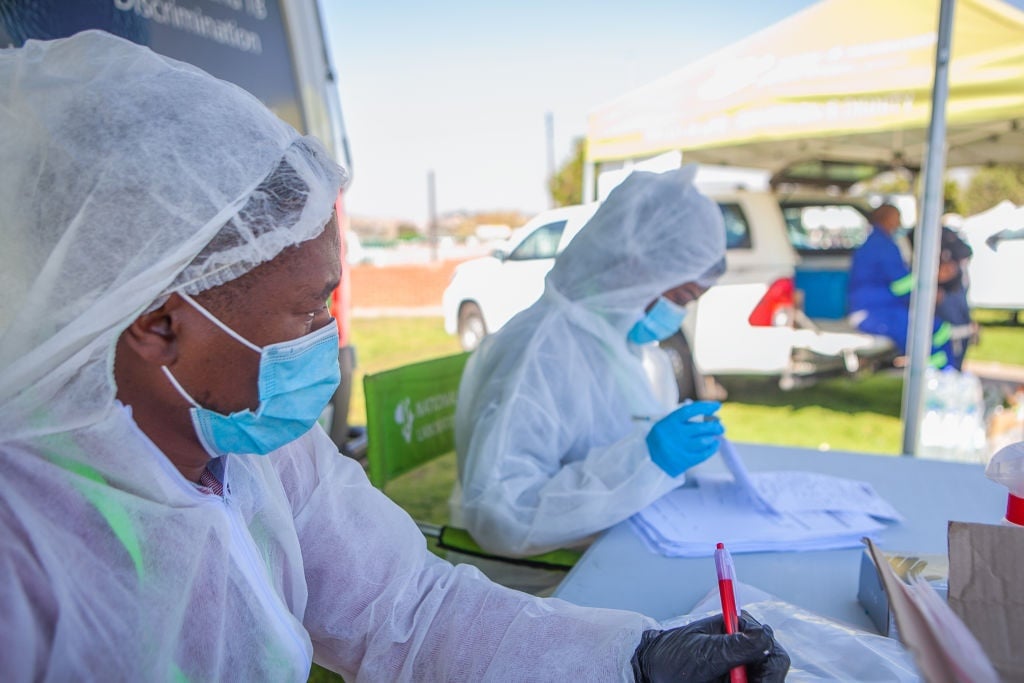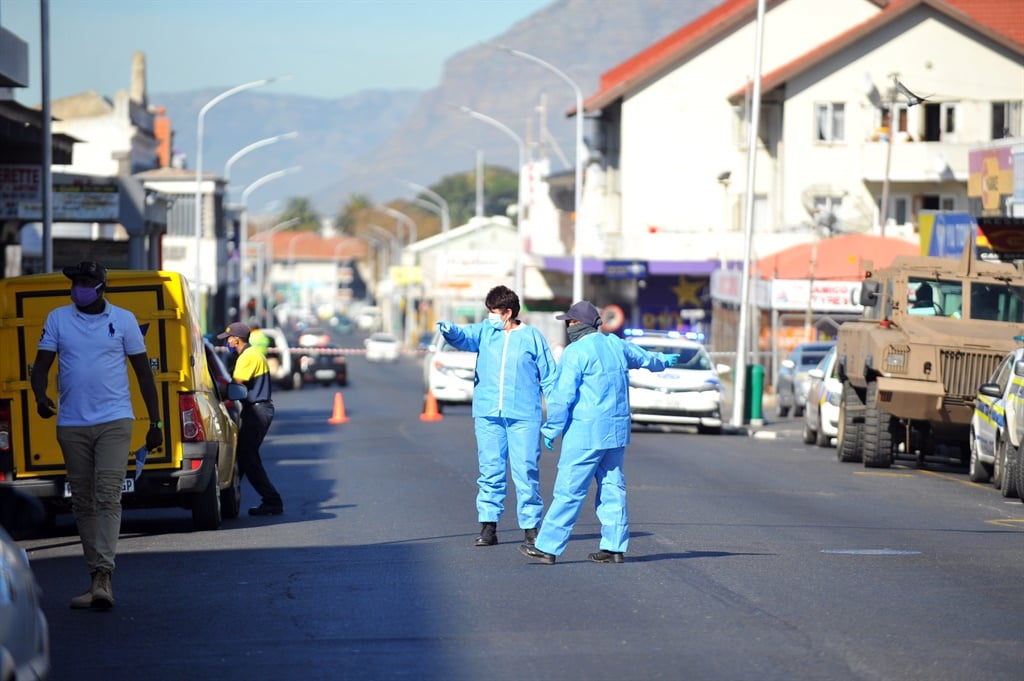- The government has failed to implement a proper testing strategy.
- It has squandered goodwill.
- The country has managed to delay the peak of the outbreak.
The government has failed to implement a proper testing strategy while losing goodwill and political capital along the way in the first 100 days of its response to the coronavirus pandemic.
Experts interviewed by News24 said this had been its biggest failure since the first Covid-19 sample was collected and tested.
“That was the biggest problem with the lockdown,” said Wits professor of vaccinology Shabir Madhi. “We didn’t have a testing strategy in place that should have been in place before we embarked on the lockdown and that’s the reason why [we] were always going to fail in terms of the containment of the spread of the virus.”
Madhi, who also sits on the Ministerial Advisory Committee (MAC) advising the government on Covid-19, added it had succeeded in delaying the peak of the outbreak, which bought time to better equip facilities to deal with a surge in cases.
“Whether it is adequate or not, time will tell.”
Another success story for the government in the first 100 days of its response, he said, was the public/private partnership announced by it, whereby Covid-19 patients, who would ordinarily be treated at public facilities, could be treated in private facilities.
Testing ‘scale-up strategy was ham-fisted’
But the biggest problem, Madhi added, was the country still could not test at scale.
“The biggest problem with the Level 5 lockdown was simply that we didn’t have an adequate testing strategy in place in order for the lockdown to be effective in terms of containing the spread of the virus.”
While a lack of testing supplies has been a problem all over the world, at home, public and private labs were not ready to tackle the number of tests required to get ahead of the virus.
“To try to address those challenges the day before the lockdown, simply is not going to work,” he said.
Alex van den Heever, the chair in the field of Social Security Systems Administration and Management Studies at the University of the Witwatersrand, agreed testing remained the government’s biggest failure.
“The [testing] scale-up strategy was ham-fisted. They relied purely on the existing arrangements for TB and HIV and relied on one organisation, the National Health Laboratory Service.
“That, to me, is the biggest shortcoming. At this point, we don’t really know what’s going on, because the testing strategies will only surface a sampling of people who are positive,” he said.
Containment
According to Madhi, to contain the virus’ spread, its reproductive rate needed to go below 1. It has gone from pre-lockdown levels of 2.5 to about 1.5.
“And what that effectively tells us is that there was ongoing community transmission during Level 5 of the lockdown,” he said.



Health workers at a screening and testing site in Diepsloot.
This is likely because not all communities were able to comply due to different material needs, like the ability to stockpile food or needing to leave home to get social grants, for example.
The only way to lower the reproductive rate to below 1 was to have a testing strategy that included not only identifying the number of infections, but who was being testing, for testing to be readily available, for results to be available within 24 hours and for 80% of contacts to be traced, Madhi said.
“In the absence of being able to do that, unfortunately the lockdown was never going to be able to flatten the curve.”
Goodwill
The head of Ezintsha at Wits, Dr Francois Venter, said the “single most disappointing thing” about the country’s response to the epidemic was the squandering of the public’s goodwill.
“It [the government’s response] started off well, and has become deeply disappointing,” he told News24.
In the beginning, there was massive buy-in from society in a way that was unprecedented in terms of people understanding the programme and largely getting behind it. But that goodwill was squandered in the name of micromanagement and a lack of trust in the population.
Head of Ezintsha at Wits, Dr Francois Venter
DA MP Siviwe Gwarube, a member of the Portfolio Committee on Health in Parliament, said the government had failed to make South Africans “partners” in its fight against the disease, and treated them more like “subjects or recipients of its strategy”.
“If you treat people like partners, you’ve got their compliance willingly. If you don’t do that, you’re missing an opportunity to have people policing themselves,” she added.
Regulations
Venter, who also sits on the MAC, said the government’s response had not always been scientific.
The ban on cigarette smoking, for example, was “completely indefensible”.
“The security clampdown and the consequences of that have been chilling,” he added.
“The brutality of it is probably what poor people experience all the time from the police, but the reality of it is this is what the army and the police think their role is.
“It speaks volumes that only black men (with the exception of the sex worker who died, Elma Robyn Montsumi) have been murdered,” Venter said.



Health workers screen for Covid-19.
But it was the opening up of religious gatherings that was the death knell for any goodwill the public still had for the government, according to him.
“All political capital was dispensed with when they allowed the religious gatherings.
“What chills me is that it is very clear we are right at the beginning of the epidemic.
“When we need societal buy-in the most; now we have a public that is cynical, flouts regulations and doesn’t trust state intentions. And that is entirely the government’s fault,” Venter said.
The national Department of Health did not respond to requests for comment.
Stay healthy and entertained during the national lockdown. Sign up for our Lockdown Living newsletter. Sign up and manage your newsletters in the new News24 app by clicking on the Profile tab

